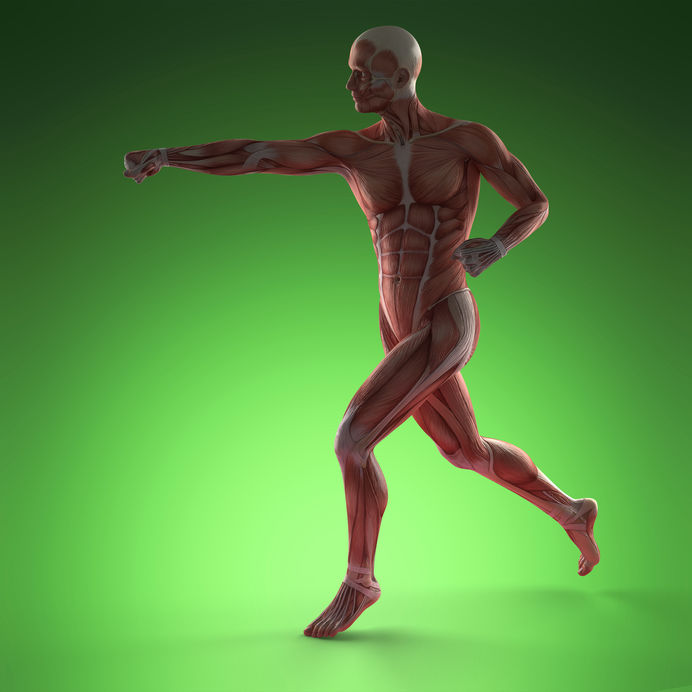On the Road of Happy Destiny

Continuing with his imagery of the Two Ways tradition (See, “Do They Walk Their Talk?”), Jesus contrasts the difference between real and merely nominal discipleship here in Matthew 7:21-23. Just as there are only two ways in life, the way to life and the way to destruction (Matthew 7:13-14), in the end there are only two destinations—eternal life or eternal punishment (Matthew 25: 31-46). In Matthew 7:21 Jesus says when the kingdom of heaven (or kingdom of God) is realized, it will not be a person’s acknowledgement of Christ’s Lordship that counts, but whether their profession is shown in the way they live. “Not everyone who says to me, ‘Lord, Lord,’ will enter the kingdom of heaven, but the one who does the will of my Father who is in heaven.” Simply saying, “Lord, Lord,” is not enough.
21 “Not everyone who says to me, ‘Lord, Lord,’ will enter the kingdom of heaven, but the one who does the will of my Father who is in heaven. 22 On that day many will say to me, ‘Lord, Lord, did we not prophesy in your name, and cast out demons in your name, and do many mighty works in your name?’ 23 And then will I declare to them, ‘I never knew you; depart from me, you workers of lawlessness.’
The word Lord (kyrios) had various meanings. It could mean the owner of something, as in Matthew 20:8; or even a conventional form of polite address, much like how we use “Sir” (Matthew 21:30). The Romans used it in reference of their emperor (Acts 25:26), and even when speaking of the gods people worshiped (1 Corinthians 8:5). When the Old Testament was translated into Greek, Lord was used consistently as the translation for the divine name Yahweh. Here, given the reference of what will happen on Judgement Day, it likely has overtones of divinity. In his commentary on Matthew, Leon Morris said:
On Judgment Day Jesus will be seen for what he really is, and the greeting here implies that the people in question will be claiming to belong to him. But their claim will be of no avail, Jesus says, unless their lives back it up. It is doing the will of the Father that matters, not the words we profess.
Morris went on to say this was not salvation by works, but the contrast between profession and way of life. If someone really trusted Christ for salvation, their lives would no longer be self-centered. “Jesus is not saying that those saved will have earned their salvation, but that the reality of their faith will be made clear by their fruitful lives.” Many on Judgement Day will try to affirm Jesus is their Lord by referencing the things they did. “To be active in religious affairs is no substitute for obeying God.” You can be active in doing the things for God, without being in submission to him as Lord. “It is easy for anyone to profess loyalty, but to practice it is quite another thing.”
Another point to notice in 7:21 is the reference of the Father by Jesus as “my Father who is in heaven.” It was said for the first time in the gospel of Matthew. God had already been referred to several times in Matthew, but always as your Father or our Father (in the Lord’s Prayer). From this point forward, excluding two exceptions, Jesus will always say ‘my Father who is in heaven.’ In his commentary on Matthew, John Nolland said this phrase brought into focus Jesus’ capacity to mediate a link with the heavenly Father. In the Sermon on the Mount, it pointed to Jesus’ role in making clear the Father’s will. In 7:28 it is stated the crowds were astonished at his teaching, “for he was teaching them as one who had authority, and not as their scribes.” The phrase is also suggestive of his identification as son of God (Matthew 3:17; 4:3, 6).
But on that day (Judgment Day), there will be many who claimed to have done things as evidence that Christ was truly their Lord—they prophesied in the name of Jesus, they cast out demons, and did many other works (miracles). Yet Jesus said he never knew them. He had no connection to them and calls them “workers of lawlessness.” You may profess loudly with your lips your faith in God, and even invoke Jesus as Lord, yet deny him by thoughts, words and acts. Such a person is a nominal disciple.
Returning to the opening remark about how Matthew 7:21-23 contrasts the difference between real and nominal discipleship, let’s consider what significance this passage may have for A.A. and recovery. In the ancient world, a disciple actively imitated the life and the teaching of a great teacher or master. In the New Testament, the term disciple functioned as a technical term for followers of Jesus. The Lexham Bible Dictionary said Jesus’ disciples were not to choose another master or become a master themselves. Rather, they were to go and make disciples of the nations (Matthew 28:19-20)— “to teach them what Jesus had taught them.” Similar to this this sense of a disciple, there isn’t a central master or teacher in A.A.; but there is a Fellowship.
Written in 1939, Alcoholics Anonymous hoped that someday every alcoholic would find an A.A. Fellowship at his destination. The intent was to replicate these Fellowships. By 1983 there were almost 48,000 A.A. groups, in 110 countries. Today, there are more than 118,000 A.A. groups around the world, in about 180 countries, whose primary purpose is to carry the message of A.A. Tradition Five of A.A. says: “Each group has but one primary purpose—to carry the message to the alcoholic who still suffers.” You could say this primary purpose is to make ‘disciples’ of A.A. recovery.
You won’t find the words disciple or discipleship in the A.A. Big Book. But you will find chapters on “How It Works,” “Into Action,” and “Working with Others.” In other words, you will find a way to imitate and then replicate the way of life described in the Big Book—to learn and teach others what you have learned, bringing them into the Fellowship. And as you travel along this Road of Happy Destiny, it can lead you to a further abandonment to God the Father. The closing paragraph of the chapter, “A Vision for You” reads:
Abandon yourself to God as you understand God. Admit your faults to Him and to your fellows. Clear away the wreckage of your past. Give freely of what you find and join us. We shall be with you in the Fellowship of the spirit, and you will surely meet some of us as you trudge the Road of Happy Destiny. May God bless you and keep you until then.
When you abandon yourself to God, you may find that you are also compelled to surrender to the will of the Father. When that happens, the Road of Happy Destiny will lead you to the kingdom of heaven. May God bless and keep you until then.
This is part of a series of reflections dedicated to the memory of Audrey Conn, whose questions reminded me of my intention to look at the various ways the Sermon on the Mount applies to Alcoholics Anonymous and recovery. If you’re interested in more, look under the category link “Sermon on the Mount.”









